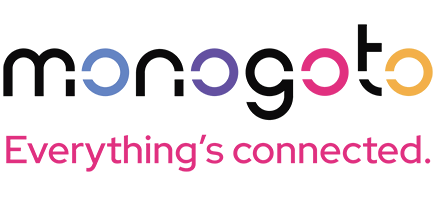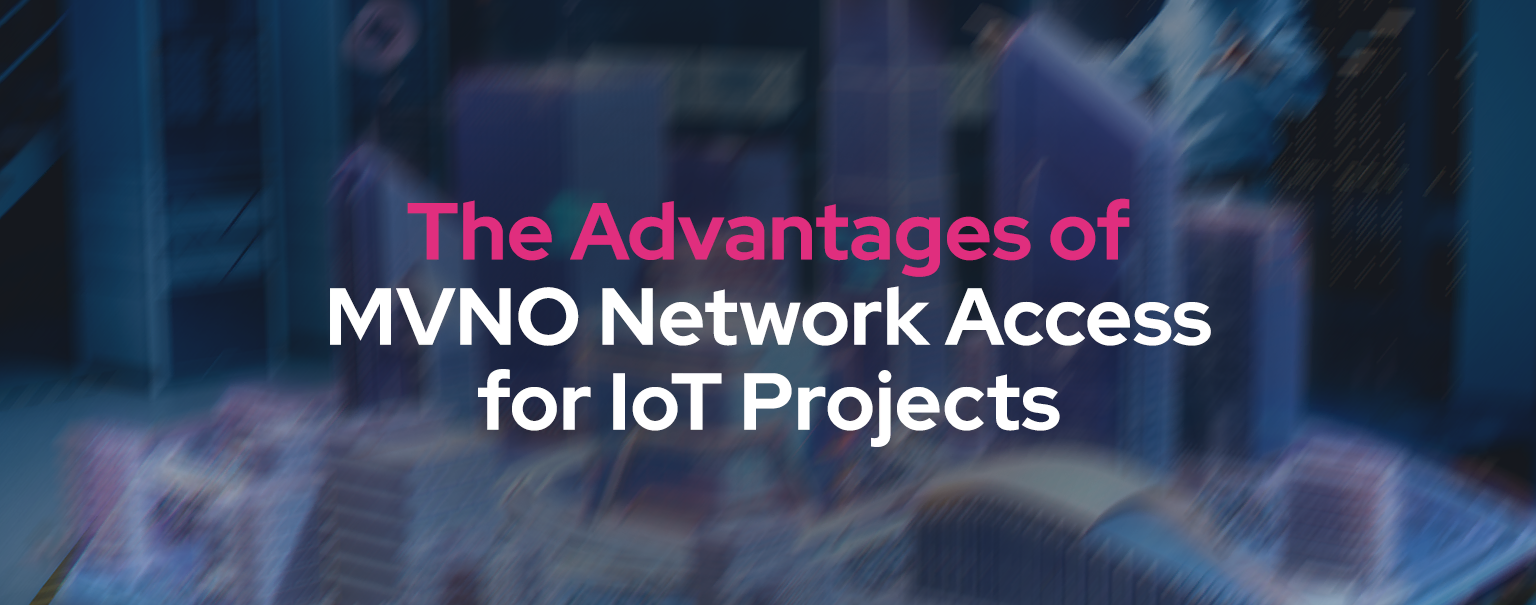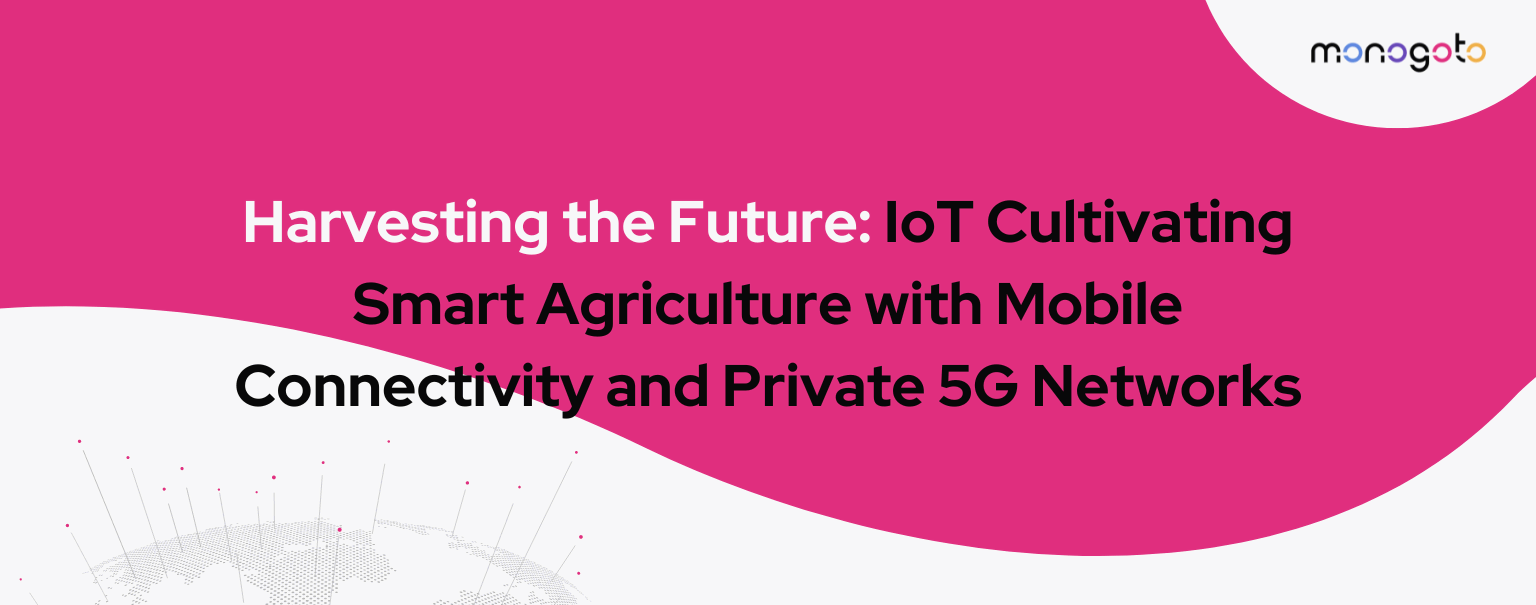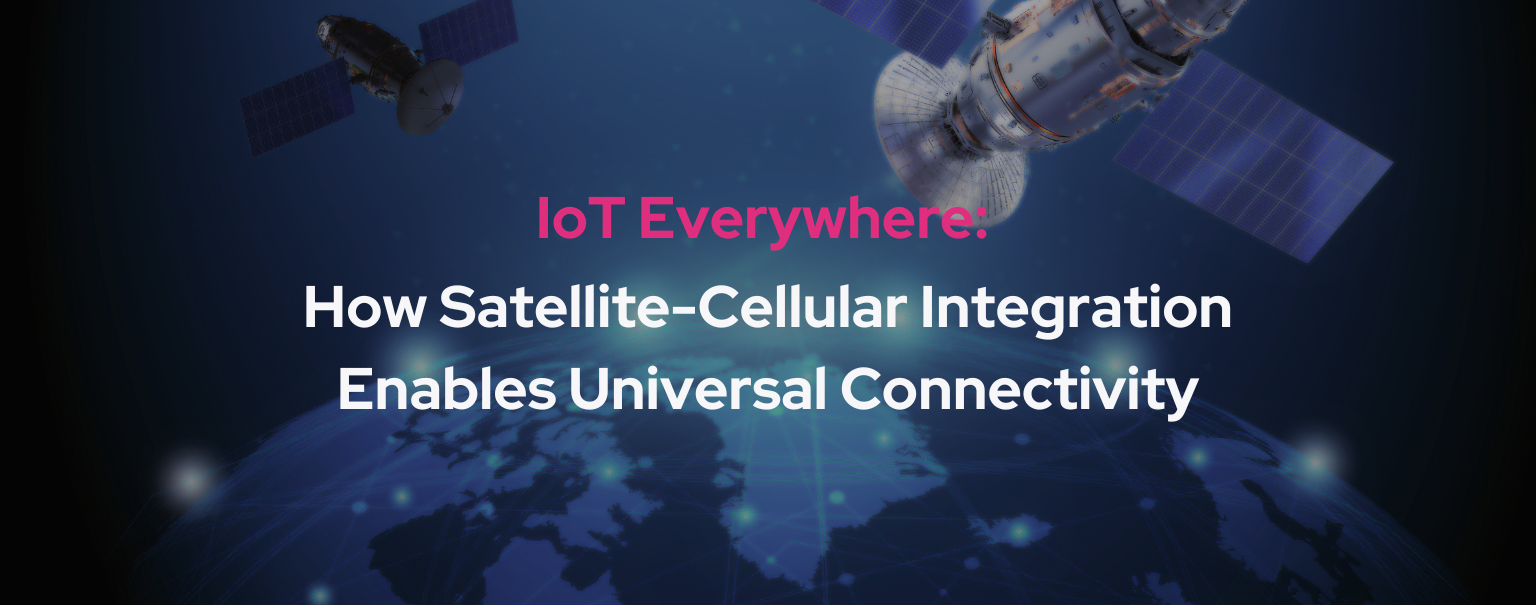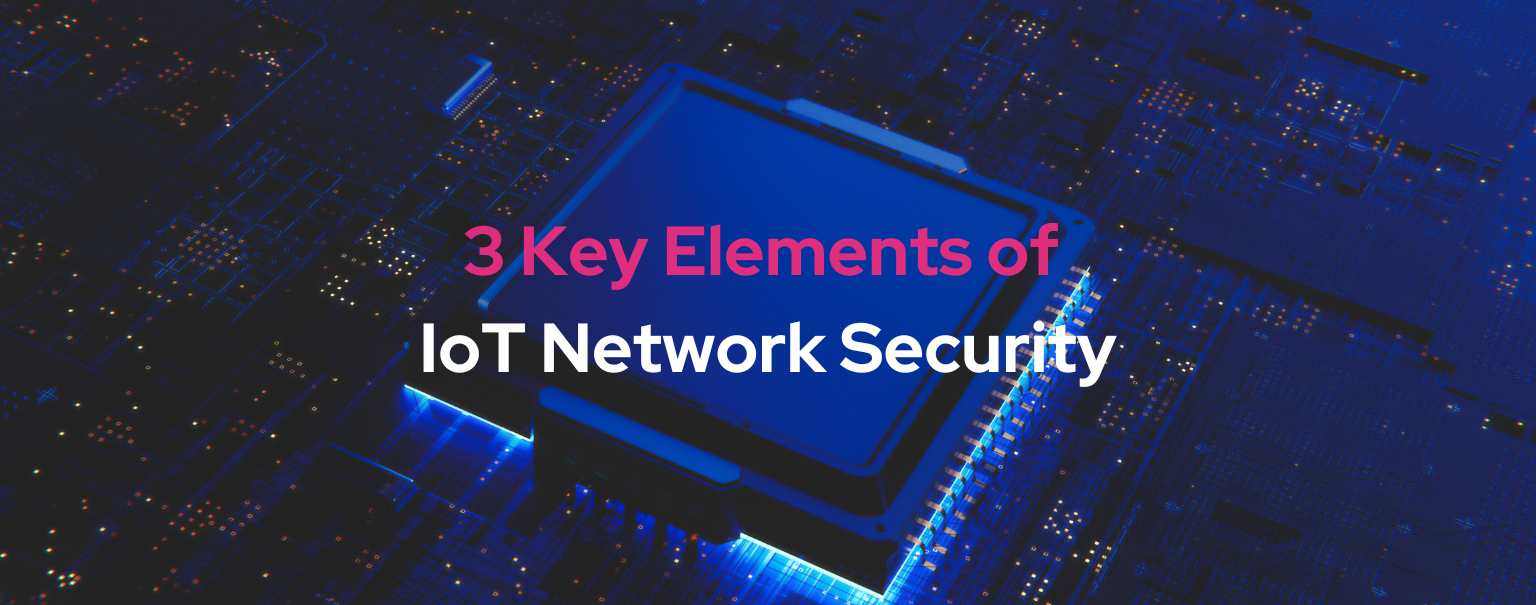Every Internet of Things project needs access to a robust network, and, in many cases, that requires a mobile network. In order to access mobile networks, you have to work with a mobile network operator (MNO) or a mobile virtual network operator (MVNO). Monogoto is a full MVNO that also acts as an Over the Top (OTT) provider, resulting in it being global and not reliant on a single MNO. In some cases, however, Monogoto also serves as an MNO by providing private LTE/5G that acts as radio for private networks.
When narrowing your options, it’s important to remember that MNOs and MVNOs each offer their own pros and cons for IoT projects, and this video covers those pros and cons at greater length. To dive further into the topic, let’s take a look at MVNO versus MNO.
Below, you’ll find a summary of the points outlined throughout the video. For some quick insights, keep reading to really understand why MVNOs are often the superior choice for IoT network access.
MNO Evolution
A mobile network operator (MNO) is a company that has rights to specific radio spectrums licensed by the government. On top of that, MNOs typically own physical assets that are necessary for radio communication.
Major wireless carriers often operate as MNOs — that is, they own the licensing agreement for the radio networks, and they own the bulk of the infrastructure that makes it all work. MNOs have been around for roughly 30 years, and during that time they have evolved. While MNOs originally fought for monopoly control of radio communication over regions, they have evolved to allow for sharing across frequencies, communication licenses, and even hardware.
Radio Sharing
In fact, radio sharing sits at the heart of modern MNO infrastructure. Companies regularly share band rights, towers, roaming access, and more. As a result, there are multiple network providers that own virtually no assets but are still able to provide reliable connectivity and coverage.
What Is MVNO?
Mobile virtual network operators (MVNOs) own neither frequency licenses nor physical infrastructure. Basically, this is a company that provides you with network access, but they don’t own the licensing agreement with the government. Instead, they work out an arrangement with an MNO to operate under an existing license.
From there, MVNOs own a range of networking assets such as back office (BSS/OSS), value-added services, and core network elements. Some virtual operators try to own as little as possible and merely manage accounts that access existing infrastructure. Others own all of their own infrastructure and only rely on outsourcing for access networks to spectrum licenses. The former is known as a light MVNO, while the latter is a full MVNO.
MNO/MVNO for My IoT Project
When it comes to IoT applications, MNOs, and MVNOs offer competing advantages. MNOs have more direct control over infrastructure and can be more flexible in service agreements as a result. Meanwhile, MVNOs can connect with multiple networks and have more freedom in that regard.
To get the best of both worlds, you can consider an IoT MVNO. This would be a full MVNO that optimizes resources around IoT. Because they still provide virtual operations, your IoT access is not limited to a single carrier or cellular network. Apart from that, the provider does own their own digital infrastructure, giving them as much flexibility as any MNO when it comes to specific project pricing.
MVNO to MNO and the Rise of Private 5G/LTE
Any IoT project built on a private network will require an MNO provider. You need the rights and the hardware in order to build the private network. This style of networking is on the rise for many IoT applications, as private networks are easier to secure and stabilize.
Monogoto is a hybrid operator that functions as an MNO, MVNO, and IoT MVNO. You can really get the best of all worlds and plan out your IoT network exactly as required. Additionally, Monogoto optimizes IoT development with cloud best practices, self-service, online resources, APIs, and no-code integrations.
Partner with the Right IoT Operator to Set Yourself Up for Success
Monogoto is here to make the lives of developers easier by providing cloud best practices to its users and is enabling a smarter, more connected world with its unique, easy-to-access, always-on cellular cloud 4G/5G for IoT connectivity and Private LTE or 5G. Monogoto services high-profile organizations in more than 170 countries with its IoT solutions, enabling roaming capabilities worldwide, supporting 2G, 3G, 4G, LTE CAT-M1, NB-IoT, CBRS, and eSIM technologies.
You can request a sim card sample kit here, or learn more about Monogoto’s MVNO and MNO services by exploring our website at https://monogoto.io/.
